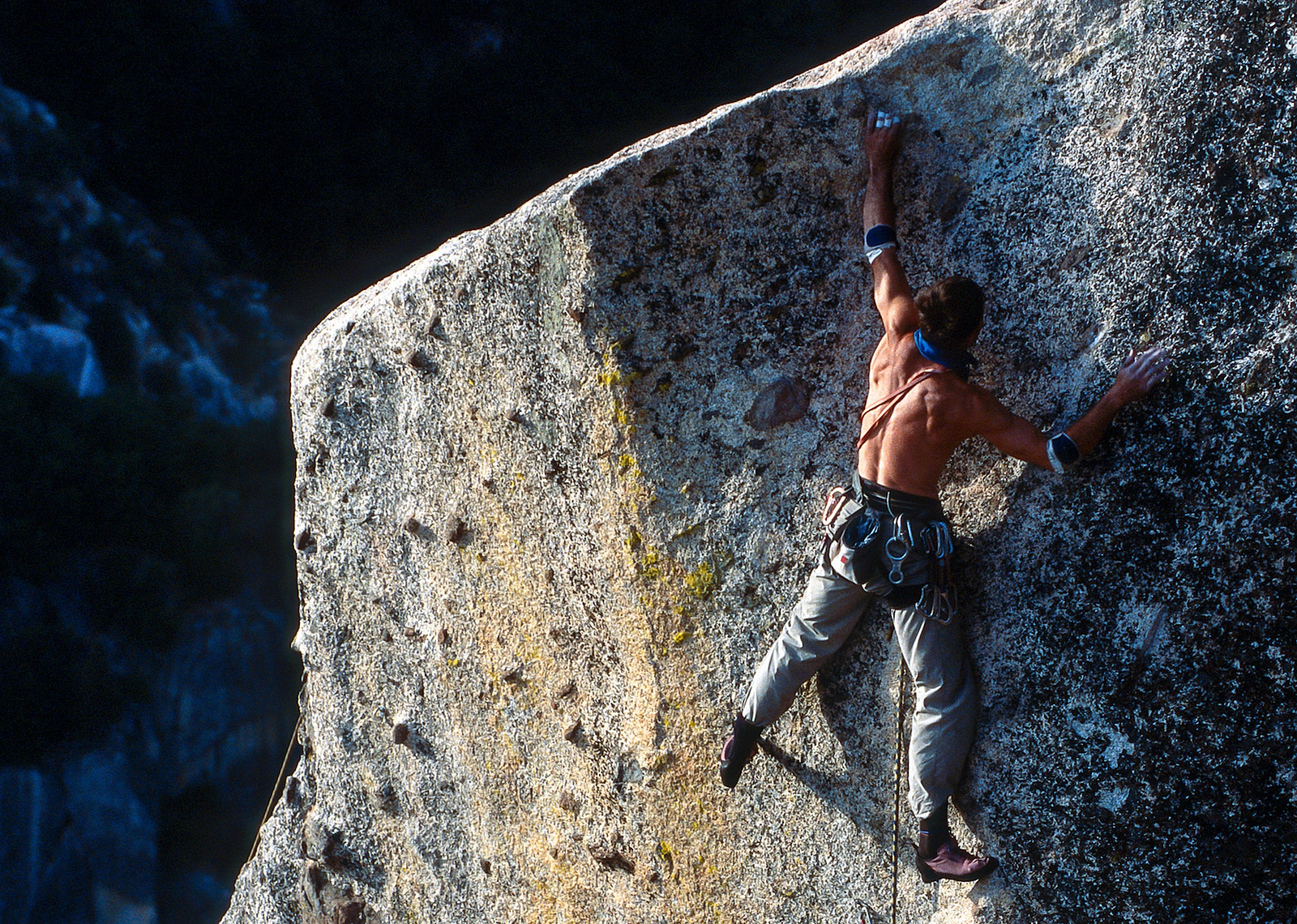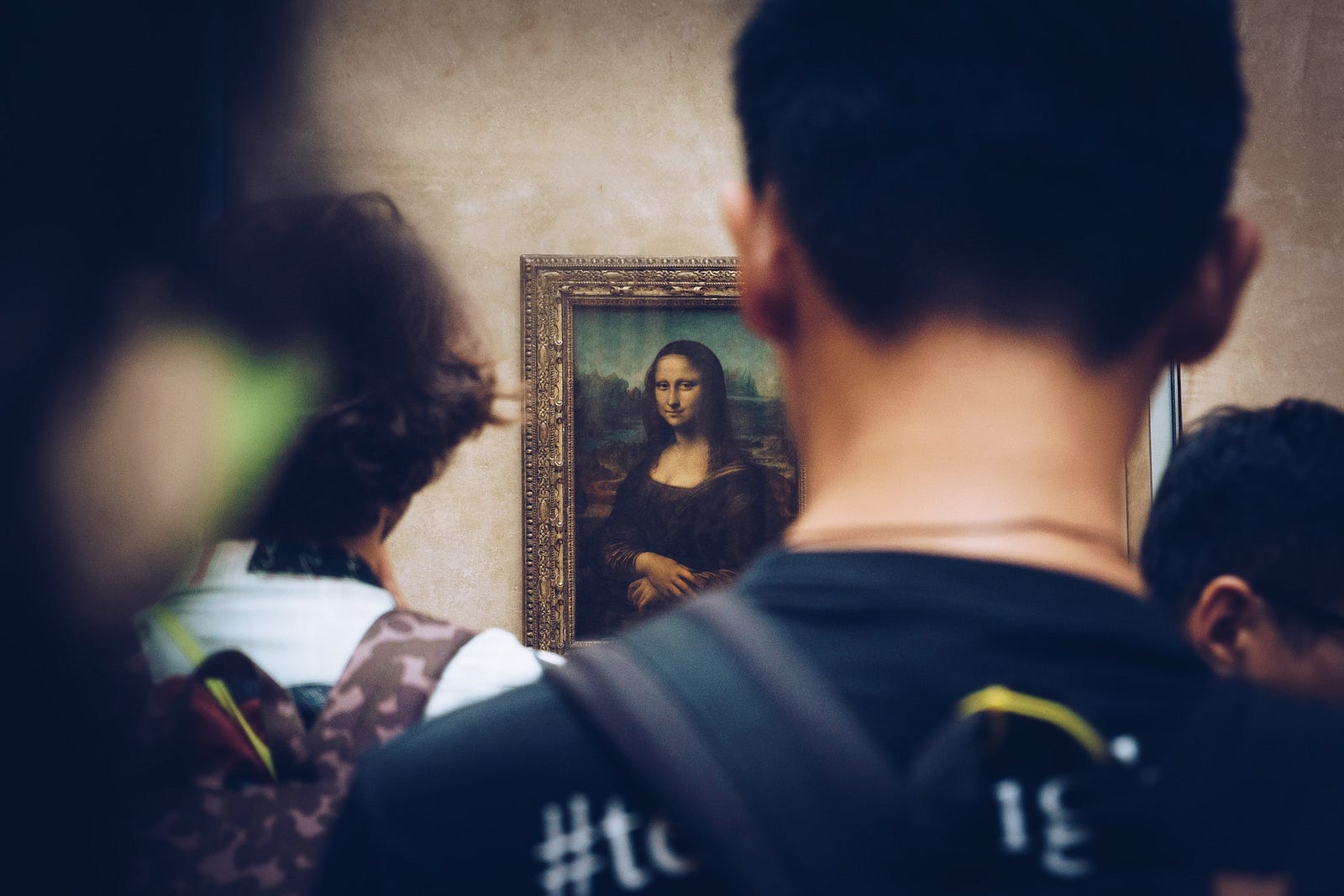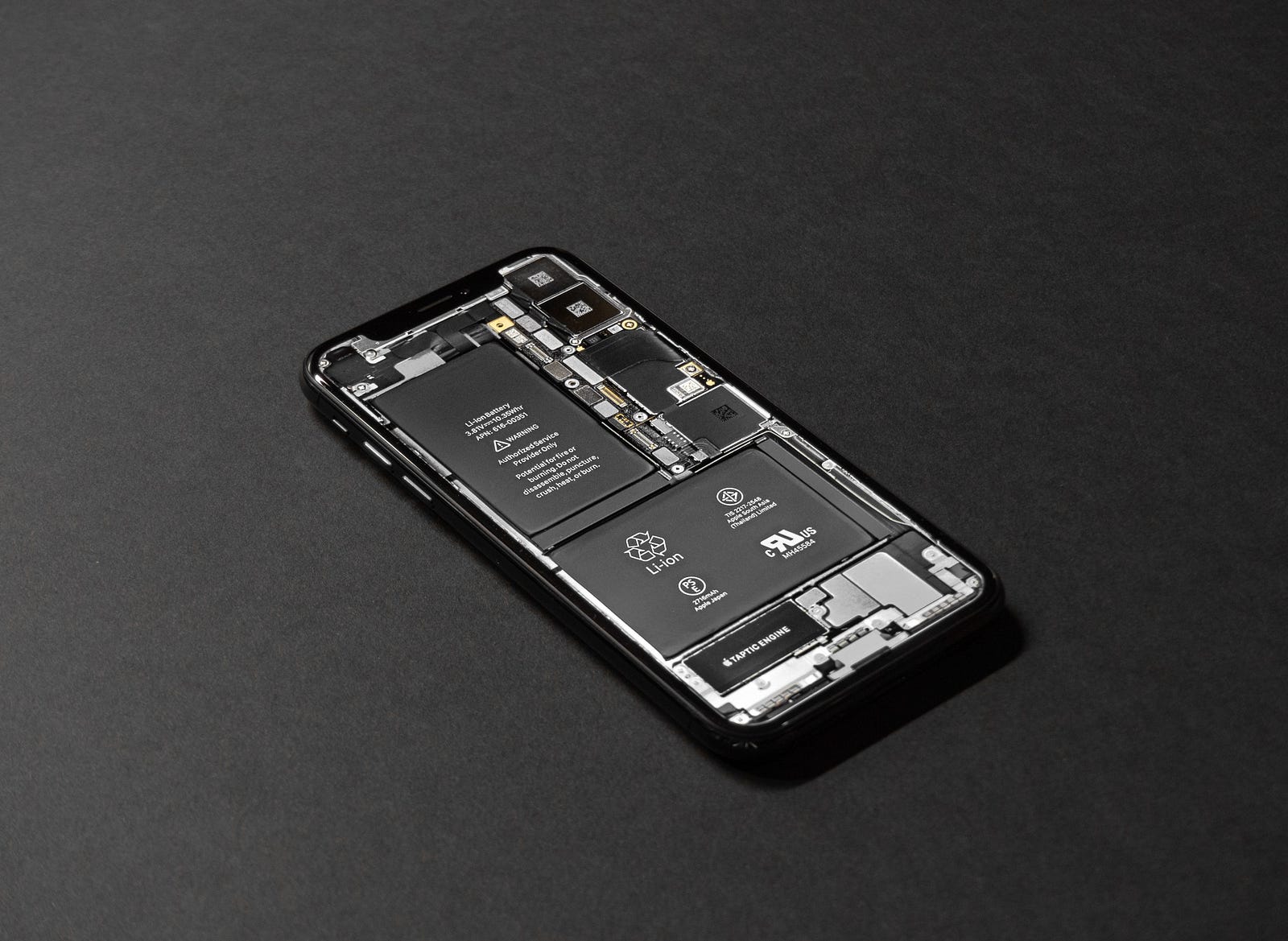How to Become Someone Who Finishes What They Start

How To Become A Person Who Finishes What They Start
The distinction between being a professional and an amateur is knowing when done is better than perfect.
Seeing the creative process for what it is… a process.
And knowing that finishing and publishing are a crucial (and often overlooked) part of that process.
Knowing when the moment has finally come to call it and officially finish what you begin, is not easy. It comes from experience and a feeling sense for your work and when it is developed enough to get a result, or express a message. But a time will come when you start yielding diminished returns.
But when this time comes, as the late Steve Jobs said,
“Real artist’s ship.”

This is why when Apple releases a new product, it always gets updates after release. Because the know that publishing is a part of the process.
And that nothing is finished, until it’s finished.
The benefits of publishing are obvious, but what are less often talked about are the consequences that most creatives deal with, because they don’t finish what they start.
Loss of self-respect, lack of momentum, resistance starting new things, insecurity around sharing your work, and attachment to results are all symptoms of this larger problem: a fear of finishing what you begin.
If you find yourself in this category, there’s no shame in that.
Just know that becoming the kind of person who finishes what they start is achievable when you exercise this skill, like a muscle. And when you do, eventually you will become eager to finish what you begin, and looking for the first opportunity to do so, because you know your best work comes only after publishing.
To help you do that, in this article, I share some of my best tips for growing from a starter, into a finisher.
How to Make a Habit of Finishing

The creative process is often an isolating one.
Even in projects that require collaboration, you will still have to rely on yourself first and foremost.
And the keystone to self-reliance is the belief in your own word.
That is, the unwavering belief that when you commit to something, that you are the kind of person who is going to finish it.
Plato sums it up best when he said, “Do thy own work and know thyself.”
Knowing thyself, comes down to knowing who you are, and more importantly, who you are going to be when it matters most.
As a creative you need to know that you are the kind of person who finishes what they start, whenever they start something (even if that means being reluctant to start new things, because they will send you down a rabbit hole you will have to reach the bottom of).
If you are the kind of person who likes to begin lots of little projects and who fancies themselves a bit of an inspiration junkie — you are doing yourself a disservice. And more importantly, you are doing your creative essence a disservice.
From a practical standpoint, making a habit of finishing what you start will help you develop a well-rounded skill set to your craft. Many creators are good at beginnings, decent at middles, and bad at endings. Not necessarily, because endings are hard, but because most creators never make it to the end of their projects.
But the true tragedy about not finishing the projects you start, is that you will slowly stop expecting yourself to finish things after you begin them.
This not only leads to a lack of overall results and output, but also a fundamental lack of faith in yourself to follow through with what you say you’re going to do.
You’re only as good as your word, right?
Which is why, you need to prioritize making a habit of finishing what you start, more than taking action on new ideas. It’s okay to have multiple projects at once, but know when enough is enough and to focus on closing those loops.
Every open loop on project takes up subconscious processing in your mind, and diminishes your ability to focus on what is present.
So, be reluctant to start new projects and make a habit of finishing what you do. Starting first, with your longest running projects. Then, you can think about what to do next.
Like the Greek playwright Euripides once said, “Do not plan for ventures before finishing what’s at hand.”
Publish for Feedback

One of the largest shifts amateurs make when becoming professionals, is when they learn how to divorce their identity from what they make.
Because if you identify solely with your work, your self-esteem and your ability to create more good work, hinges directly upon the feedback you get.
If positive, you will feel inspired and the next project will come easier (and overconfidence may still cause issues when you overestimate yourself).
If negative, you will associate the insults and reactions others have to your work, with yourself. Which will cause irreversible damage to your confidence in your craft.
This is why your own identity as a creator needs to be completely isolated from the world of external praise, both negative and positive.
It can be tempting to let praise come in, because it feels good, but when you do you let all external feedback influence your personal relationship to your work. Which is intractable. And will cause you to inevitably delay publishing what you create, out of fear for what others might think.
The trouble is, other people will always have opinions. And they will often voice them. There’s no way around this. So, instead of publishing with the hope of getting praise…
Instead, publish your creations for feedback.
And let the comments others have about your work be just that: feedback.
Take them into consideration next time, in the solace of your creative space, but never let the opinions of others grow to the point of being your motivation, or your resistance, to creating. Because at that point it’s too late.
And it doesn’t honor the truth, that you can update what you’ve created after you’ve published it, anyways.
The Next Best Version

Another added benefit of publishing for feedback (if you need one) is that you will start to look at your creations as experiments (not as accurate and whole representations or pieces of yourself).
And each experiment as part of an ongoing process of trial-and-error and dialing-in of your message and style.
The true super power of looking at your projects as experiments designed to gather feedback, is that you will no longer fear criticism.
You will know that everything you publish is only a draft, and you know that whatever comes of it will only serve to make the next iteration better. You know that you can always improve a concept with a version 2.0, 3.0, 4.0 and onwards. And you have confidence in the part of you that has always evolved, always grown and gotten better over time.
So, get this version out there and get real-world feedback.
Stop creating in an echo chamber and connect with your audience.
They will serve their purpose and help you get better, not through their advice, but through the way they experience your work. Because they will see what you’ve made for the first time, with fresh eyes.
Which is an experience you, unfortunately, can never have.
They won’t see the hours put into it, the courage you had to begin in the first place and all the thoughts you have surrounding your work, which blind you to your own potential innovations.
So, use that to your advantage.
Publish for feedback.
Run your own experiments.
Improve and update to the next version, with confidence.
And most importantly, finish what you begin.
— — — —
This myth is 2 of 6, click here to discover the rest in my free book >>
Colton Swabb is a writer, marketer, and creativity researcher in the field of human performance. In his free book he teaches how creatives can stop sabotaging their own success and satisfaction and instead, make a massive impact with what they create.


